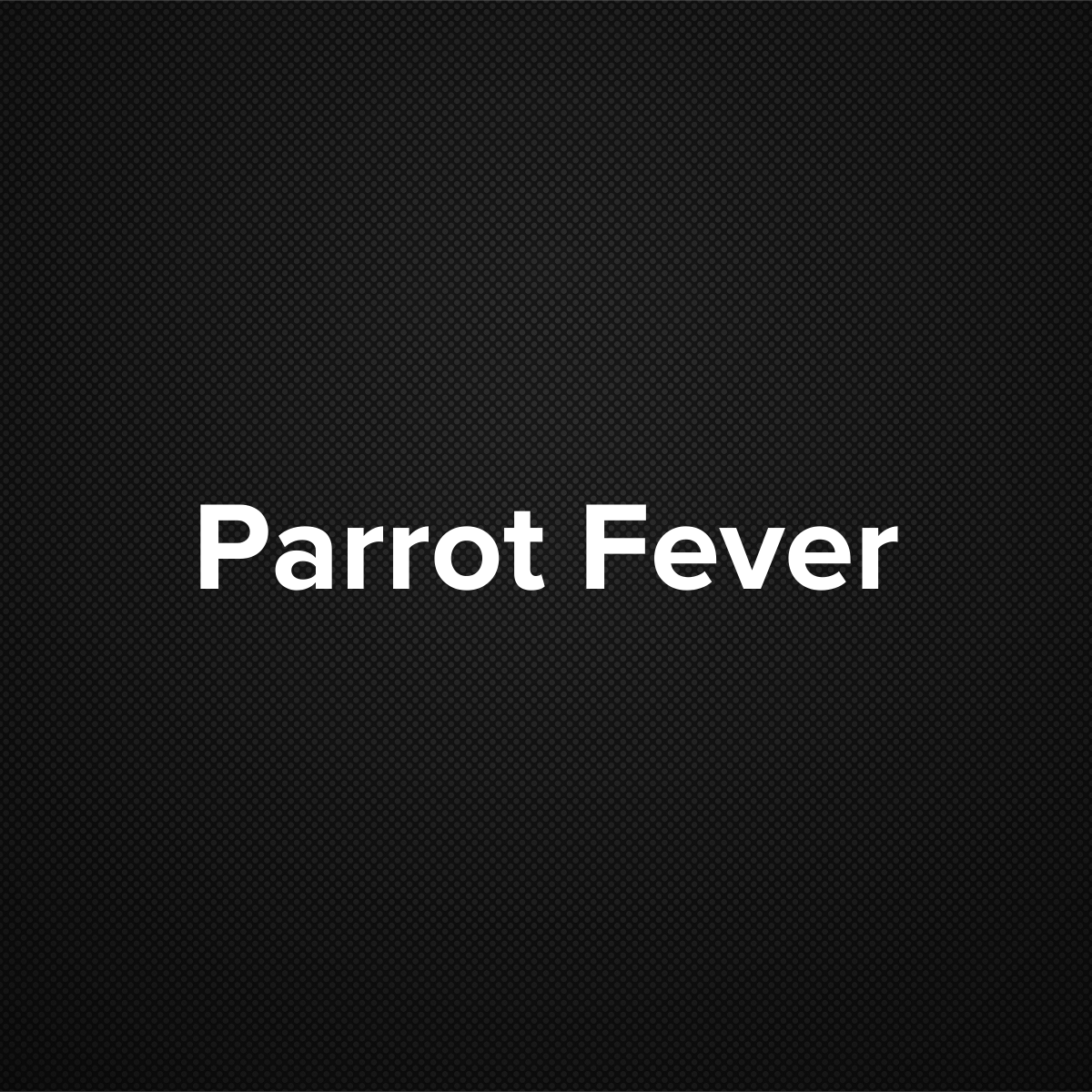Causes and risk factors
Psittacosis is caused due to infection with the bacteria Chlamydia psittaci. Birds that carry this bacterium include parrots, chickens, turkeys, pigeons, cockatiels, parakeets, and ducks. Mode of transmission involves Handling or kissing the bird, inhaling the dried secretion form the infected bird. Human to human transmission is rare, but can occur. People at high risk of infection are pet owners, zoo and pet shop employee, veterinarians, poultry famers.
Clinical presentation
Symptoms are produced 5-14 days after the infection. They include fever with chills, headache, muscle pain, joint pain. There is dry cough, conjunctivitis, and epistaxis. Pneumonia can also occur. Patient complaints of diarrhoea, nausea, vomiting. Rose spots on skin may be seen. There may be enlargement of spleen [Splenomegaly].
Investigation
Medical history by the patient and Clinical examination by the doctor helps in diagnosis Blood and sputum culture for the bacteria, blood test for the antibodies to the bacteria are done. Imaging studies such as Chest x-ray, CT scan is useful for further evaluation .
Treatment
Antibiotics are the mainline of treatment for parrot fever. Analgesics, antipyretics, NSAIDs may be prescribed for symptomatic relief. Following measures can be taken to prevent psittacosis – Giving the bird healthy nutrition so that they don’t fall sick, avoid overcrowding of birds in single cage, in case of multiple cages keep it in such position that there is no transfer of faeces, food, feather, or other material between cages to cage, regular cleaning of the cages, if one buys a new bird isolating it for few days and observing for any sign of sickness is needed.
Other Modes of treatment
The other modes of treatment can also be effective in treating parrot fever. Homoeopathy is a science which deals with individualization considers a person in a holistic way. This science can be helpful in combating the symptoms. Similarly the ayurvedic system of medicine which uses herbal medicines and synthetic derivates are also found to be effective in treating parrot fever.






























